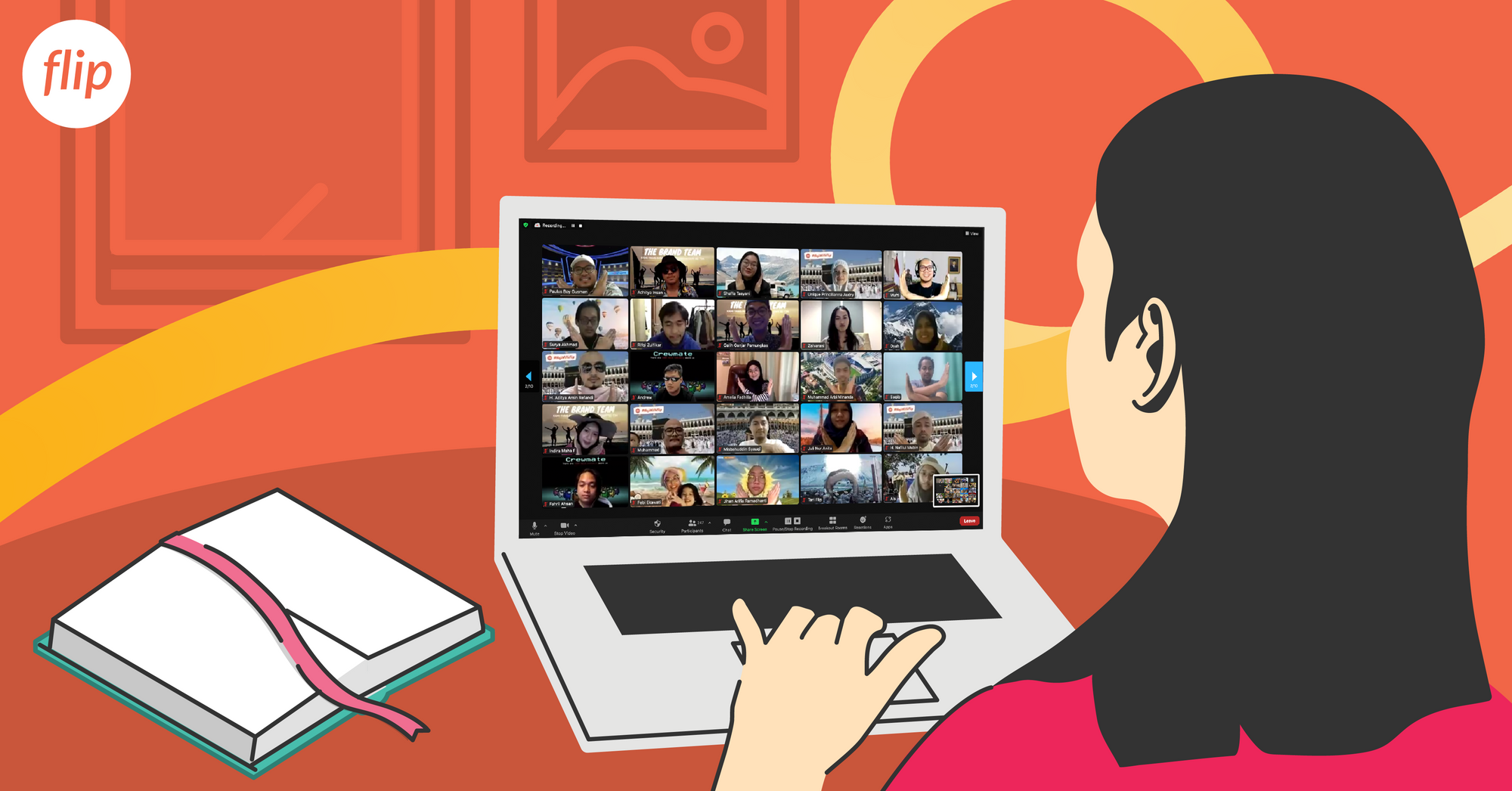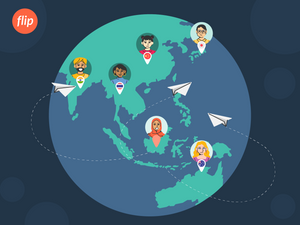As the pandemic happened 2 years ago, we were forced to work from our homes overnight. There was a significant change in how people approached work and collaboration with a marked change from what some people had been doing for the last 10-15 years. It took an effort to get hold of this but with some time and perseverance, most of us had a routine built around working from home.
Covid-19 forced organizations to adopt work from home overnight. As situations started to improve now, some organizations have started planning about returning to the office, adopting a hybrid approach, etc.
This also accelerated our Executive team’s thinking about the future of work and we adopted work from anywhere culture to transition into a flexible, distributed-first company. Remote work has been around for some time and it has become increasingly popular now because of the benefits it offers for both employees and employers.
Now, what does it mean?
It means our employees can choose how and from where they want to work, they can opt to work from the office or work remotely permanently.
Flip believes that:
- Effectiveness should not be measured by the number of hours people spend in an office.
- People are happier and more productive when they are given the flexibility of choosing where to work.
- With remote-first, geographical restrictions are gone and this allows us to hire the best from a broader talent market.
- Remote work gives our team the flexibility to choose where they live and work and enables them to achieve more.

Why is this the right choice?
- It promotes work-life balance.
- It gives our employees the flexibility to choose how they want to work productively.
- It reduces/eliminates commute time and increases family/personal time.
- With it, several employees have been able to move closer to their families- even to live abroad and accompany their significant other to pursue their career or educational goals.
- It sets us up to make the right investments in people to grow our business for the future.
Before going remote first, we established our policies and cultural norms and with time adapted how we carry out work in this new environment. We started:
- Adopting async methods to collaborate and reduce unnecessary meetings.
- Sharing detailed agendas and background documents before meeting and capturing meeting discussions and decisions in writing.
- Reserving time for dedicated team bonding sessions.
- Creating policies and providing employees incentives that enable them to do remote work effectively.
- Planning virtual experiences that create opportunities for community and belonging and celebrate different cultural moments throughout the year.
Challenges we faced and our learnings along the way
Transitioning to a remote-first company is not easy. Culture is not something that is built overnight, it takes continuous efforts from leadership, People’s team, and overall organization to make it better. We faced challenges and had our share of learnings. Some of them are:
- Remote work requires more intentional engagement as there are no serendipitous encounters. We plan our virtual events and team bonding sessions around this to ensure people get to engage.
- Onboarding new hires in remote settings can become overwhelming for the new joiners—we adopted methods to make this better and ease the process out for our teams. We create thorough onboarding documents and do regular check-in with the new joiners. We also have regular chit-chat sessions with the new joiners, where team members and different groups get to know them so that they can feel comfortable and blend easily.
- With remote work, personal and work lines can get blurry, that is why we ensure that our teams work on trust and value boundaries. We are selective about meetings and encourage async communication to reduce the time spent in unnecessary meetings. We ensure that the calls have set agendas and background documents.
- We started focusing more on our employee's mental health and have multiple methods and channels to address this. Some of them are Flip company-wide holidays, mental health assistance program, flexible working hours with working- availability guidelines, and many more!

- We do pulse checks and understand what can be improved in our ways of working.
- Trust is the cornerstone of working remotely and we value fairness, open communication, and empathy. To build trust, we promote spending time to catch up with each other personally. Some of us have adopted methods like voice messages to communicate more effectively.
- Dedicated time for team bonding sessions—this is not done just with the immediate teams but across the groups and is not limited to people we generally work with. We spend time getting to know each other more.
- Bringing people with the same interests and having fun along the way helps build trust and makes collaboration easier. We have Flip clubs—community places for our employees to connect on their common liking and interests.
- Meme channel—yes, we have a dedicated slack channel where we post memes and everyone has a good laugh.

- Women network—we have our women slack channel, which is our community to promote and support each other.
This is not it, we have much more planned to make our work from anywhere effective and fun and we will keep you posted!
Part of our DNA is to be empathetic and value relationships, and now, with a remote-first approach, our focus and importance on these have become increasingly more.
We realized that when the world is moving towards decentralization, we should also be moving towards the future of work and focus on building decentralized and flexible teams.

PS: If this resonates with how you think about the future of work, then come and join the Flip family.









